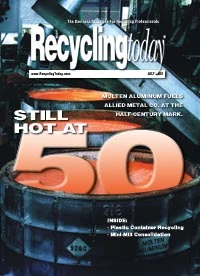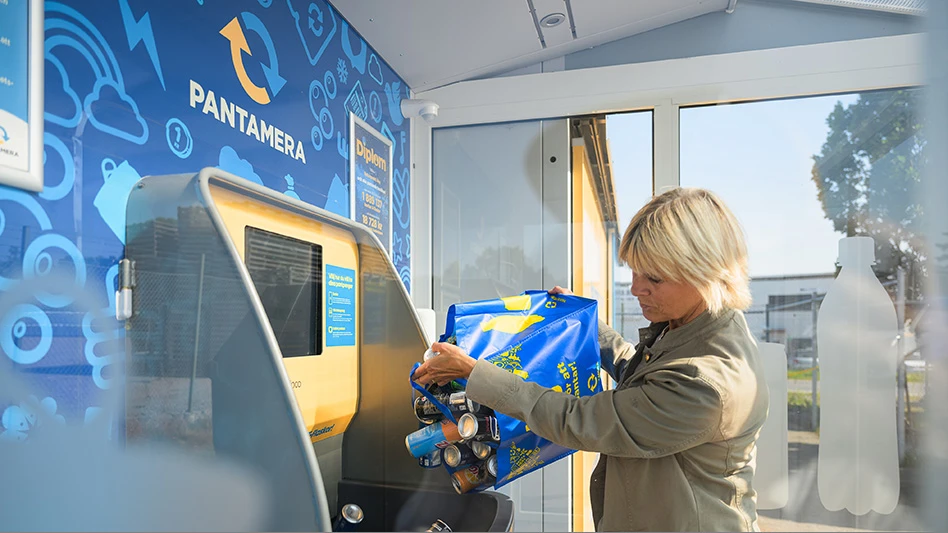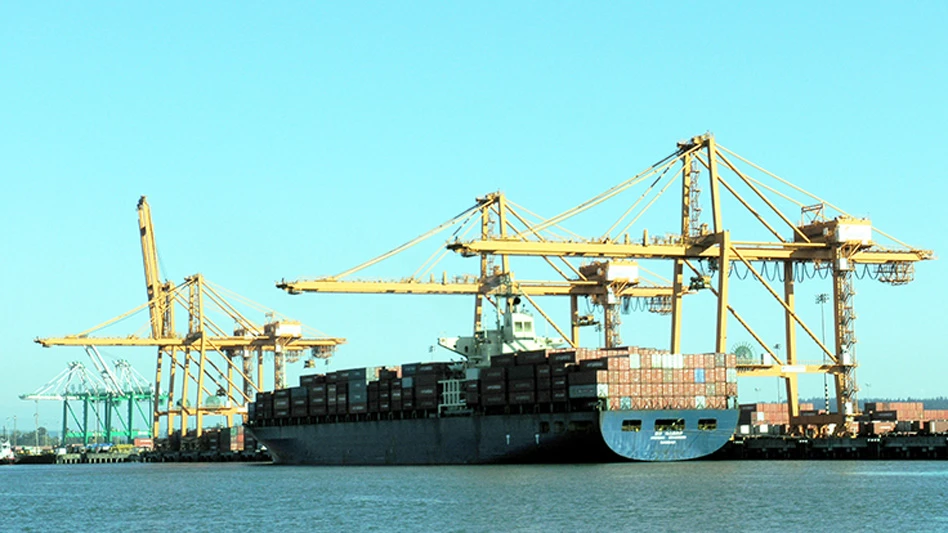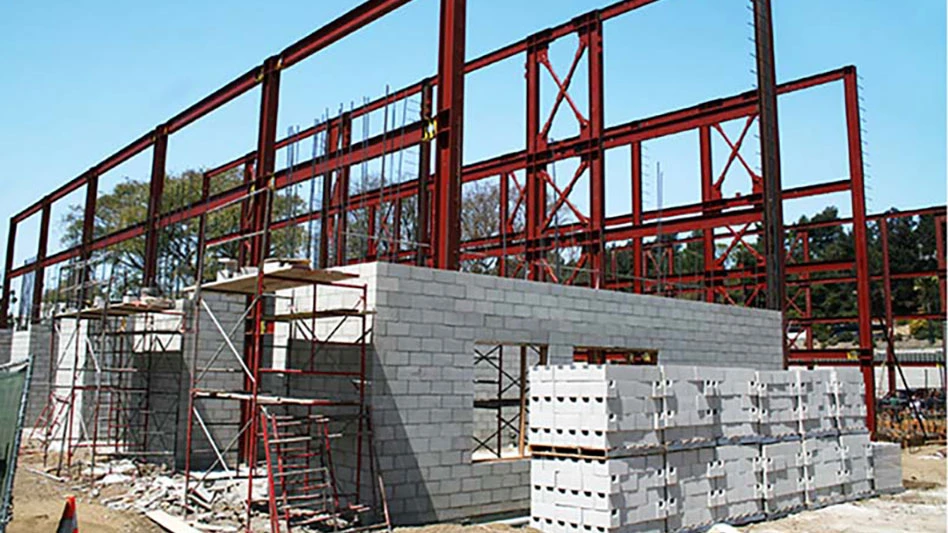Static Overseas
While U.S. ferrous scrap dealers have been heartened by recent price increases, pricing is more static in other parts of the world, according to reports submitted to the Ferrous Division of the Bureau of International Recycling, which met in late May in Monte Carlo.
Robert Philip of Schnitzer Steel Industries, Portland, Ore., noted that steel production rates in the U.S. have improved from a low of 63% to around 89%, prompting equally significant increases in scrap demand and pricing. Meanwhile, steel imports into the U.S. have fallen off in reaction to recently imposed tariffs.
By contrast in Europe, scrap prices have seen "only relatively small fluctuations," according to Bjorn Voigt of TSR in Germany. The early months of 2002 had brought a clear increase in demand from Turkey and some Asian nations, he added.
Denis Ilatovsky of Mair in Russia predicted a three to five percent fall in his country’s scrap consumption this year and a similar percentage drop in exports. He cited rising transportation costs, export market closures and new customs legislation as reasons.
Sadao Taya of Shinsei Co reported that scrap prices in Japan had improved dramatically, with No. 2 heavy melt having almost doubled to the 10,500 to 11,000 yen price range.
Get curated news on YOUR industry.
Enter your email to receive our newsletters.

Explore the July 2002 Issue
Check out more from this issue and find your next story to read.
Latest from Recycling Today
- CP Group announces new senior vice president
- APR publishes Design Guide in French
- AmSty recorded first sales of PolyRenew Styrene in 2024
- PRE says EU’s plastic recycling industry at a breaking point
- Call2Recycle Canada, Staples Professional expand partnership
- Circular Services breaks ground on north Texas MRF
- Tariff uncertainty results in choppy nonferrous scrap flows
- CATL, Ellen MacArthur Foundation establish battery partnership






